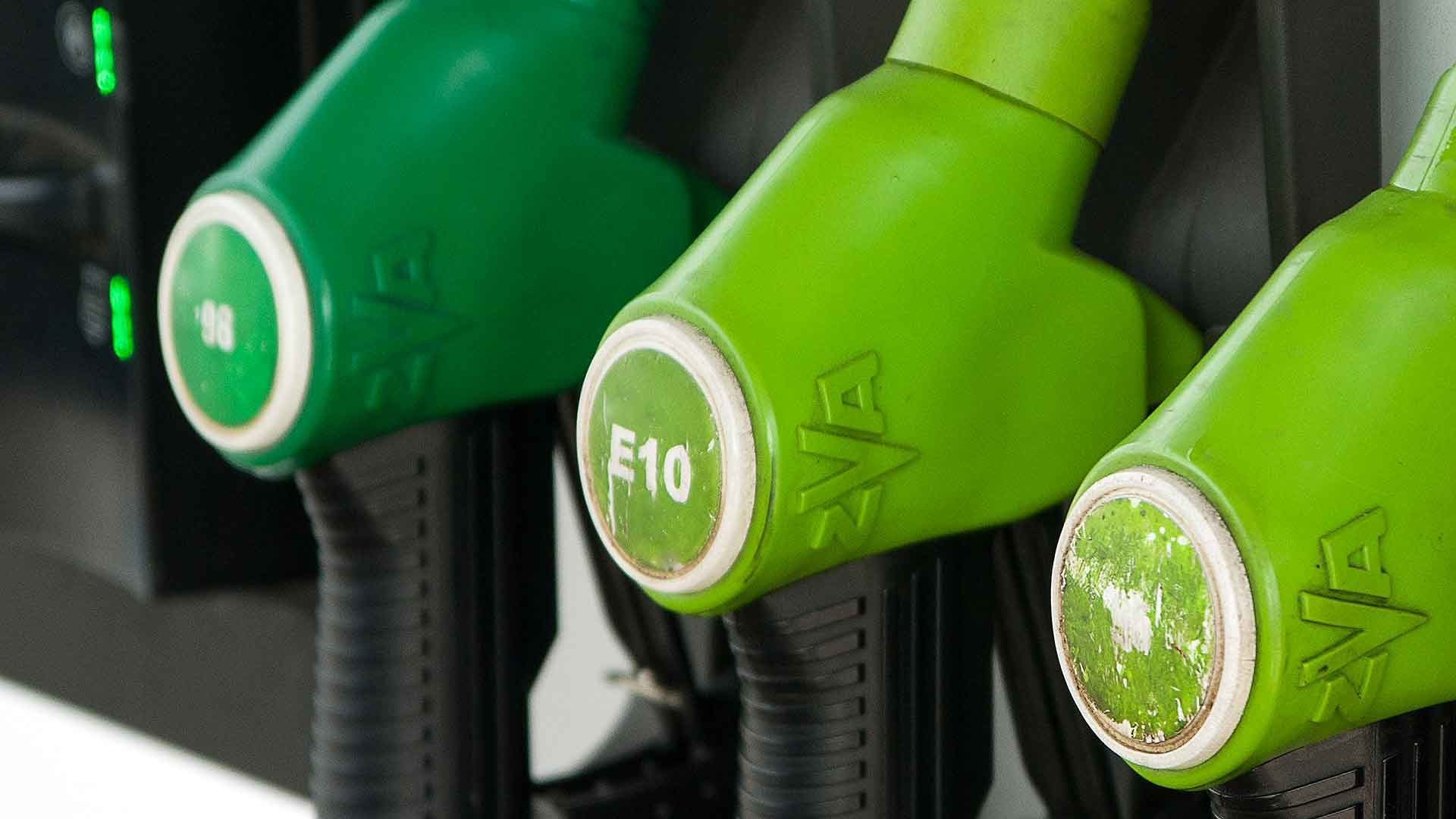
The government has confirmed E10 petrol will be introduced to UK filling stations in September 2021.
E10 fuel is made from a mixture of petrol and 10 percent bioethanol – produced from materials including waste wood plus low-grade grains and sugars.
Using bioethanol in place of traditional petrol can reduce CO2 emissions.
E10 is already widely used across Europe and has been the fuel standard for car manufacturer performance and emissions testing for several years.
The move is forecast to cut UK CO2 emissions by 750,000 tonnes a year. The government says this is equal to taking 350,000 cars (or all the cars in North Yorkshire) off the road.
It will also help make the existing UK parc of petrol cars greener.
“Although more and more motorists are driving electric vehicles,” said transport secretary Grant Shapps, “there are steps we can take to reduce emissions from the millions of vehicles already on our roads.
“The small switch to E10 petrol will help drivers across the country reduce the environmental impact of every journey.”
UK forecourts already sell E5 petrol, with no more than a 5 percent ethanol mix. Pumps were renamed in 2020 – with greener diesel relabelled B7 biodiesel.
The rollout of biofuel into fuel supplies is part of the targets set under the Renewable Transport Fuel Obligation (RTFO).
The AA supports the switch to E10, particularly because of this improved pump labelling – and a commitment to support older car owners whose vehicles are not compatible with E10.
What about older cars?
Some older cars cannot use the new E10 fuel. This includes classic cars and some models from the early 2000s.
They will continue to need E5 fuel – and the government has committed to maintaining this in the ‘super’ grade of unleaded.
An E10 compatibility checker has been launched so motorists can see if their vehicle is compatible.
RAC fuel spokesman Simon Williams said estimates suggest around 700k cars registered prior to 2002 shouldn’t use E10 fuel.
“Seals, plastics and metals may be damaged by its corrosive properties if used exclusively over long periods.
“It’s vital that anyone with an older vehicle gets the message about the switch, otherwise they could end up with a big repair bill.”
It will already cost motorists more, he added – as ‘super’ fuel grades are typically more than 13p more expensive than regular unleaded.
Supporting jobs
The move to E10 will support around 100 jobs in the north east with the reopening of AB Sugar’s Vivergo Fuels plant. Production will increase at existing UK biofuel plants, too.
The firm’s chief executive Dr Mark Carr said he had long been calling for the move “as E10 is one of the quickest, easiest and most cost-effective ways for the UK to reduce its carbon emissions, while providing an economic boost to sustain the British biofuels industry.
“We will be recruiting around 85 highly skilled green jobs… and reopening a new market for wheat farmers in the UK.”
ALSO READ:
What is E10 fuel and will it damage your car?
Can’t see it being much of an issue. We have an older car parc in South Africa and much lower MOT and emission standards, so far only minor issues. If you run an older vehicle, ensure the fuel pipes are in good order with new filters as a starting point. The effect of E10 on old SU carbs may be an issue, this dated back to the eighties when Sasol fuel had a high alcohol content.